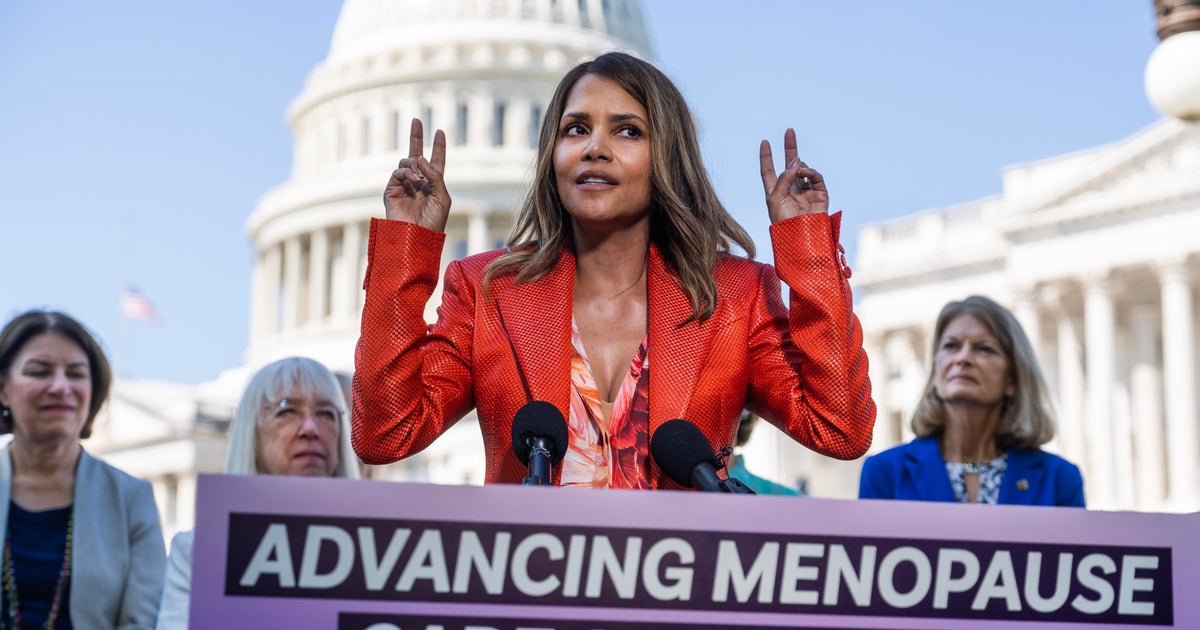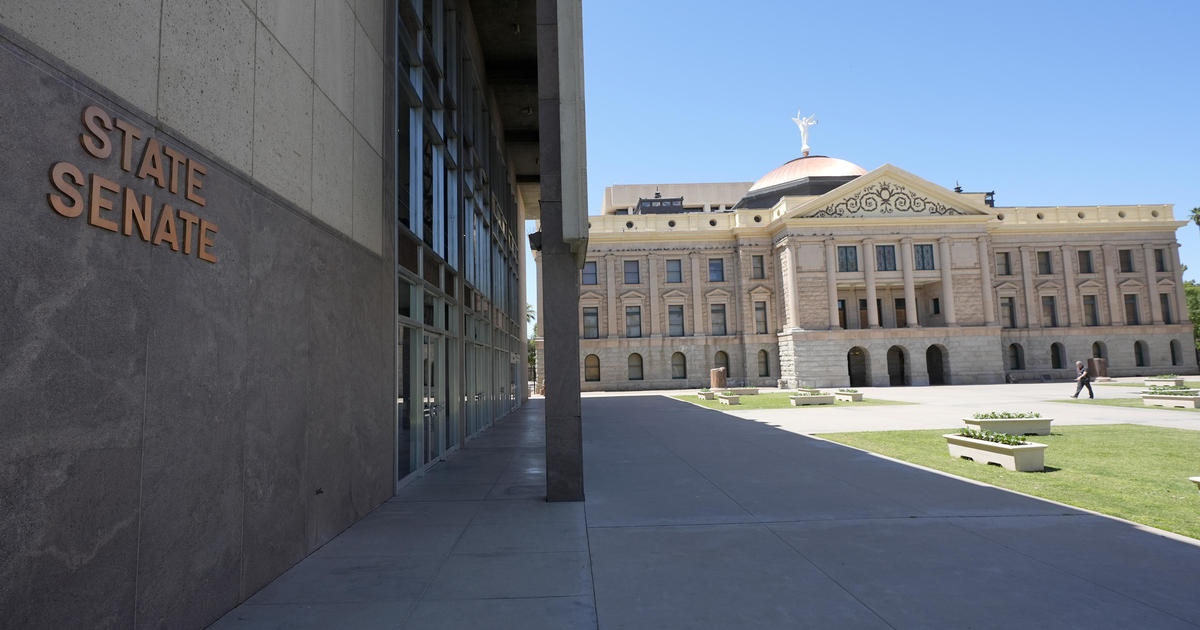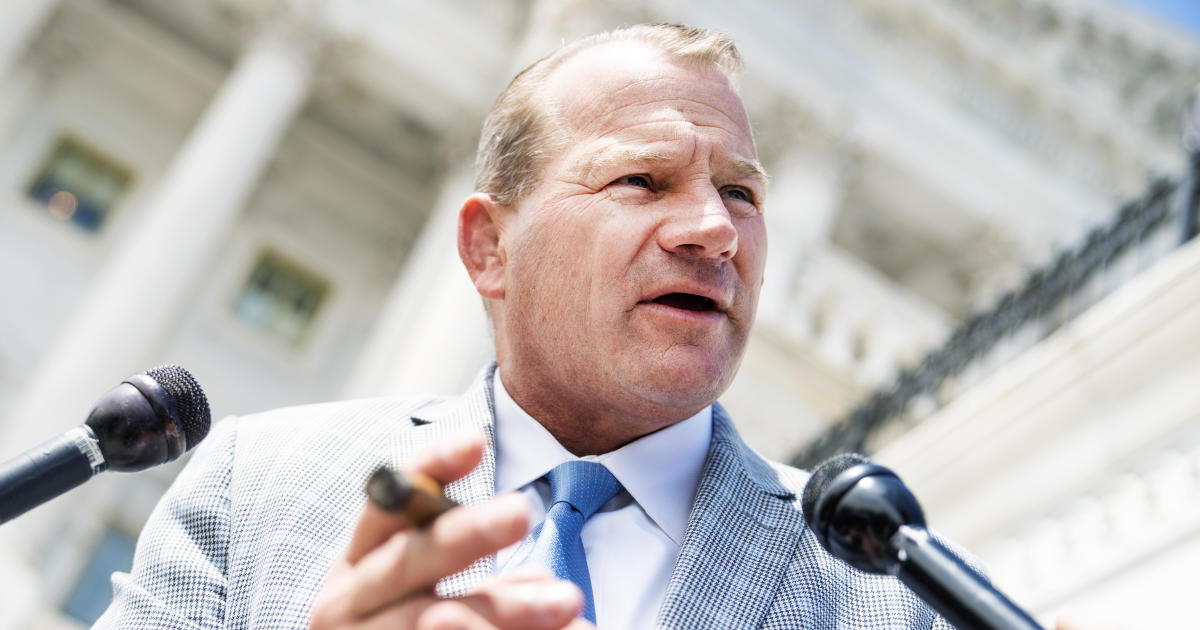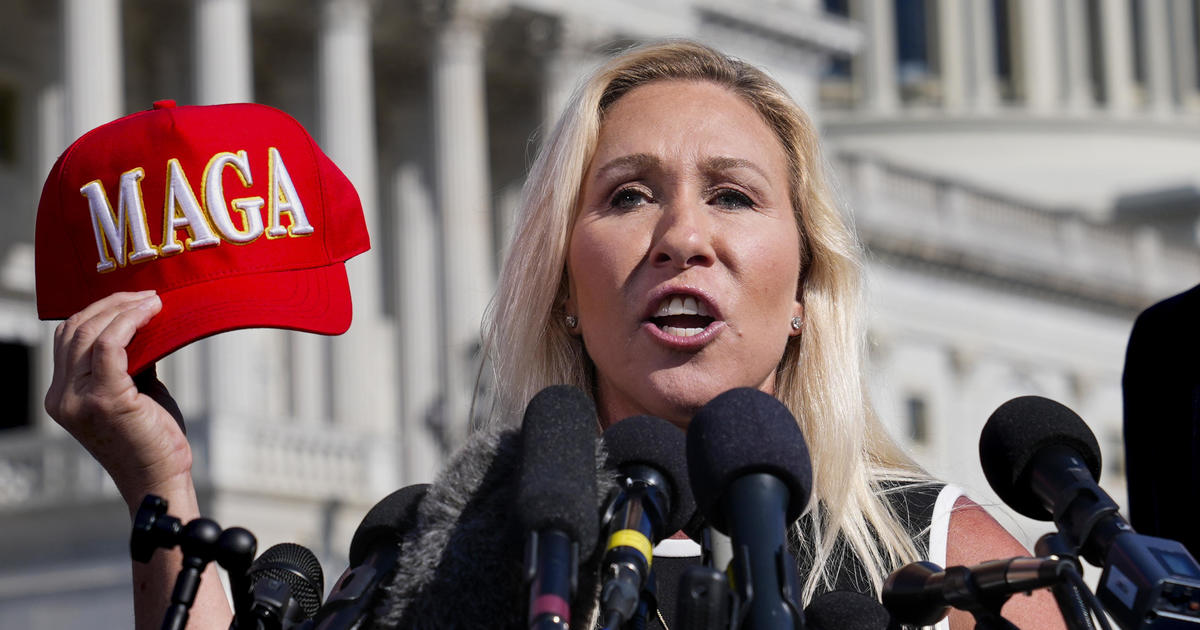Is the GOP's health care plan still doomed?
The Senate will vote Tuesday afternoon to open a floor debate on health care reform, but the gap between what conservatives and moderates want could still doom any final product.
The upper chamber will first vote Tuesday to proceed to the American Health Care Act (AHCA), the health care legislation that narrowly passed the House in early May. To advance to the next step, it will require 51 votes.
If that's successful, Senate Republican leaders then expect amendments to be offered to that bill, a Republican aide told CBS News.
With Sen. John McCain, R-Arizona, scheduled to return to the Senate Tuesday following his brain cancer diagnosis, Republicans can only afford two defections on some of the major proposals, assuming Democrats stick together in opposition.
Below are the proposals that could be introduced during the amendment process.
The options
- Repeal only -- This bill closely resembles a Senate-passed bill from 2015 that would repeal Obamacare, but delay it from taking effect for two years so Republicans can find a replacement plan in that time-frame, which is why its sometimes called "repeal and delay." Three Senate Republicans came out against this idea last week: Susan Collins, Shelley Moore Capito and Lisa Murkowski. This plan could become even more complicated if Democrats retake control of any part of Congress in 2019. CBO projects that 32 million more people would be left without health insurance in 2026.
- Repeal and replace -- Senate Republicans have unveiled two iterations of this plan, with the original released in late June and the modified version released earlier this month. It's known as the Better Care Reconciliation Act (BCRA) and would end end Obamacare's penalties for people who don't buy insurance, cut back an expansion of Medicaid and include further cuts to the entitlement program. It includes several Obamacare-related tax increases, $70 billion more than the first draft to help cover state-based health care reforms and an additional $45 billion to help states combat the opioid epidemic. Four Republicans came out against the modified version: Rand Paul, Susan Collins, Mike Lee and Jerry Moran. More than a handful of Senate Republicans opposed the initial version. CBO projects that 22 million more people would be left uninsured in 2026 under the amended version.
- Graham-Cassidy proposal -- Sens. Lindsey Graham, R-South Carolina, and Bill Cassidy, R-Louisiana, have collaborated on a plan that would still end the individual and employer mandates from Obamacare, but keep Obamacare's taxes targeting the wealthy in place and block grant about $500 billion in federal funding to states over a decade. They believe this would bridge the gap between conservatives and moderates and it may even attract Democrats.
What conservatives want
From the beginning, Senate Republicans like Ted Cruz of Texas and Rand Paul of Kentucky have pushed for a full repeal of Obamacare. They would be unable, however, to do a complete repeal because the reconciliation process they're using has certain rules that only allows Republicans to touch Obamacare's budget-related provisions, not its regulations.
Speaking to CNN's "State of the Union" on Sunday, Paul said that the 2015 repeal bill is a "good idea," while he described the repeal and replace plan as "Obamacare light" that "is loaded up with pork."
"It's become a pork fest where they're dumping billions of dollars into pet projects for individual senators," Paul said. "I'm not for that because I'm just not for taxpayer money going to rich insurance executives and uber wealthy insurance industry. I just don't think the taxpayer should be funding that."
Cruz, for his part, had a proposal wrapped into the repeal and replace plan that would allow insurers to sell less expensive bare-bones plans alongside plans that comply with Obamacare standards.
What moderates want
Moderate Senate Republicans like Susan Collins of Maine, Dean Heller of Nevada and Lisa Murkowski of Alaska have been concerned about the repeal and replace plan's effect on Obamacare's Medicaid expansion.
Collins said in an interview Sunday on CBS's "Face the Nation" that the "repeal and delay" strategy is not a good approach. She wants senators to go back to the drawing board and debate proposals at the committee level.
"We could divide this issue into separate bills and take a look at the serious flaws in the Affordable Care Act, the most serious of which right now is the collapse of the insurance market in several counties throughout this country, so that people who had subsidies won't have an insurer that can sell them insurance," she said.
Heller forcefully came out against the original repeal and replace plan because of the impact on the Medicaid expansion, arguing that he can't support a piece of legislation that likely would take away health care coverage from millions of Americans and tens of thousands of Nevadans.
What Trump wants
The president is still pushing for the 2010 health care law to be repealed and replaced and has warned the GOP about "repercussions" if they don't, although he was wishy-washy about what he really wants last week.
On Sunday he tweeted, "If Republicans don't Repeal and Replace the disastrous ObamaCare, the repercussions will be far greater than any of them understand!"
On Monday, he tweeted, "Republicans have a last chance to do the right thing on Repeal & Replace after years of talking & campaigning on it."
But Anthony Scaramucci, the president's new communications director, suggested on Sunday that passing repeal and replace may be too tough.
"[Trump] basically wants to repeal and replace Obamacare. He knows that's the best thing for the American people. It turns out that he may not be able to get that done with a recalcitrant Congress," Scaramucci said on "Face the Nation," adding that the next best thing is repealing Obamacare or letting it implode.
While Mr. Trump hosted Senate Republicans for lunch last week, Vice President Mike Pence has been more involved on the legislative effort than his boss. On "Face the Nation," Collins was asked if the president has tried to lobby her.
"I have heard from the vice president, from the head of CMS, and from the president's chief of staff," she said. "I talked to the president very briefly at the lunch, but I have not had further conversations with him."
Prospects for passage
Many senators on both sides of the spectrum have expressed concern about a free-for-all during the amendment process because they don't know what the final product would look like at the end of the debate.
To make matters worse, the Senate parliamentarian released guidance on Friday that pinpointed major provisions of the original repeal and replace plan that violate the "Byrd Rule." As a result, these provisions wouldn't qualify for passage under reconciliation's 51-vote majority. Instead, they would be subject to a 60-vote point of order on the floor, which is a challenge Republicans would be unlikely to overcome.
The provisions they flagged include those that seek to restrict abortion, but also those affecting the funding of payments to insurers that help stabilize insurance markets and keep premiums down, and penalties for people who let their insurance coverage lapse.
Sen. John Barrasso, R-Wyoming, expressed disbelief Sunday that his colleagues, who campaigned on dismantling Obamacare, would vote against these new efforts to repeal the law.
"This our chance. And I think it's hard to believe somebody who has run and won election could go home and face the voters again and say, I'm not even willing to debate it on the floor," he said on "Face the Nation."
CBS News' Catherine Reynolds contributed to this report.




